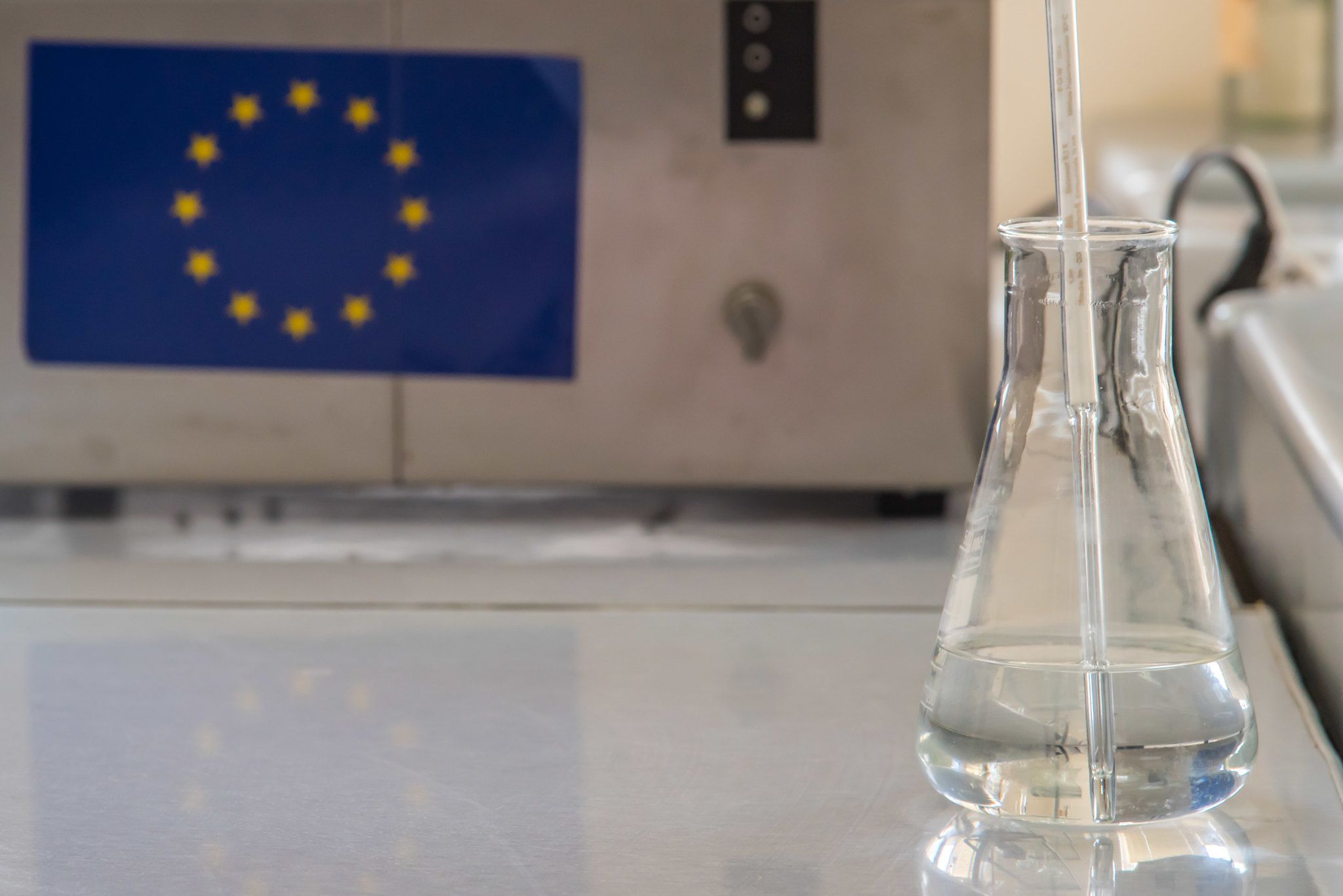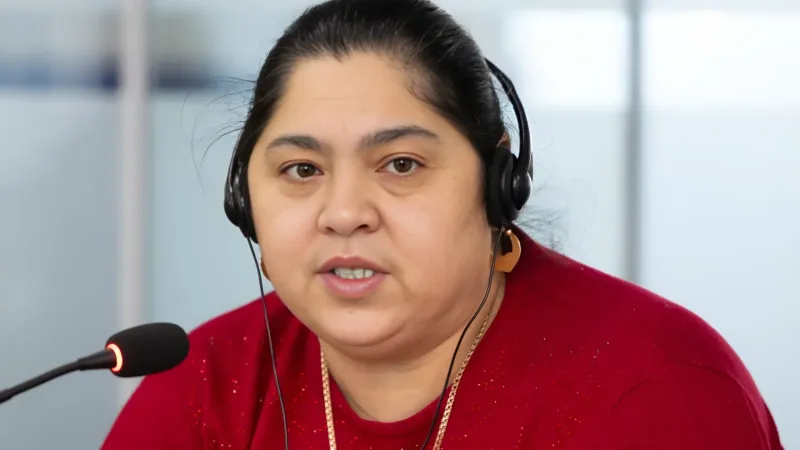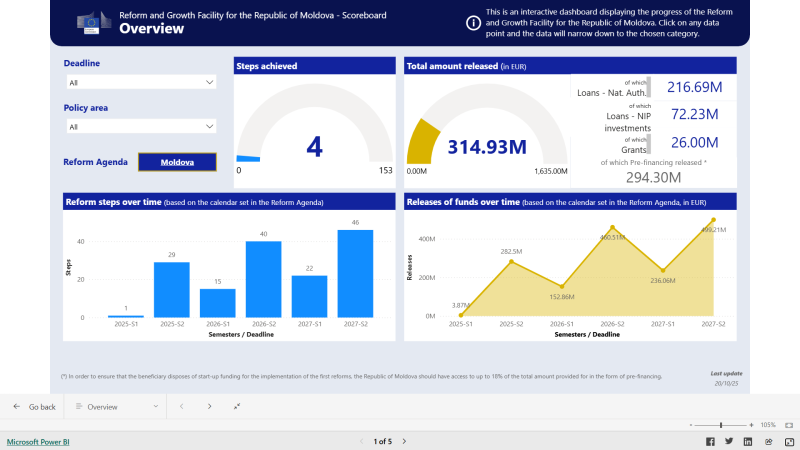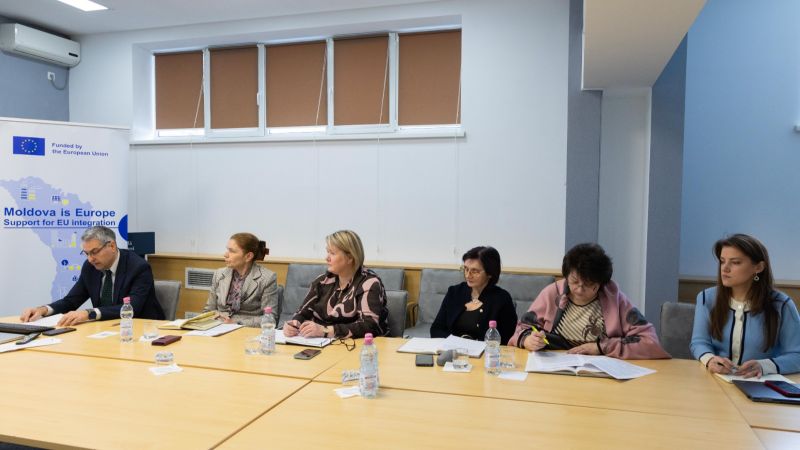
Moldova, EU and the Council of Europe Development Bank Advance Healthcare
The Ministry of Health of the Republic of Moldova and the Council of Europe Development Bank (CEB) have signed today a € 3 million grant agreement to support the preparation of the Bălți Regional Hospital project, one of the central pillars of Moldova’s hospital sector reform. This partnership reflects ongoing commitment to strengthening Moldova’s healthcare system and institutional capacity in line with its European path.
Financed by the European Union through the Neighbourhood Investment Platform (NIP) and managed by the CEB, the grant will fund early-phase activities, including the conceptual design and technical documentation, which are essential for the construction of a modern hospital in Bălți.
Once completed by 2028, the Bălți Regional Hospital will become a flagship medical facility for the northern region of Moldova, improving access to advanced and resilient healthcare services for approximately 1 million people.
The initiative aligns not only with the Moldova’s National Health Strategy “Sanatatea 2030”, its National Development Strategy “European Moldova 2030”, its “National Development Plan for 2025-2027” as well as the country’s “National Action Plan 2025-2029” for its accession to the EU, but also comes hand in hand with the newly announced EU Growth Plan for the Republic of Moldova (2025–2027), the largest EU financial package to Moldova since the independence. The Plan includes investments in healthcare infrastructure, notably new regional hospitals in Bălți and Cahul, as part of Moldova’s broader economic development and EU integration agenda.
The grant agreement allows the Ministry of Health to initiate preparatory work and lays the groundwork for future EU-supported investments in infrastructure and medical equipment. Implementation will be managed by the Ministry’s Project Implementation Unit, in close coordination with the CEB and the EU Delegation to Moldova.
Context
The Council of Europe Development Bank (CEB) is a multilateral development bank, whose unique mission is to promote social cohesion in its 43 member states across Europe. The CEB finances investment in social sectors, including education, health and affordable housing, with a focus on the needs of vulnerable people. Borrowers include governments, local and regional authorities, public and private banks, non-profit organisations and others. As a multilateral bank with an excellent credit rating, the CEB funds itself on the international capital markets. It approves projects according to strict social, environmental and governance criteria, and provides technical assistance. In addition, the CEB receives funds from donors to complement its activities.








